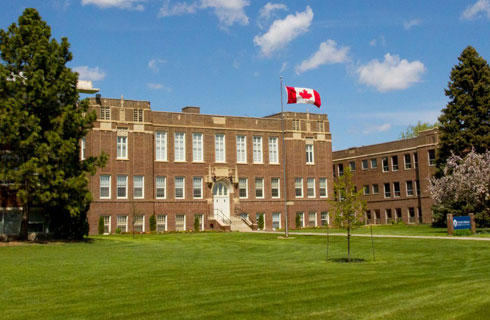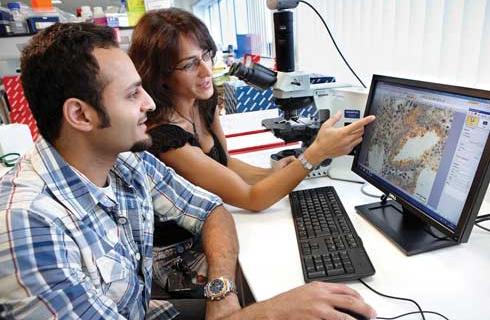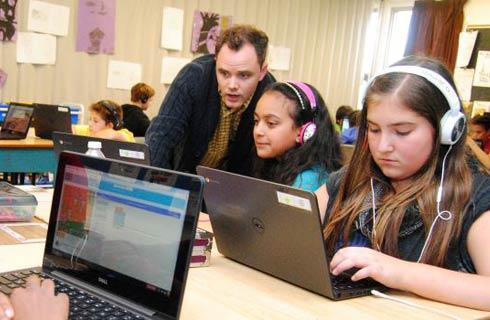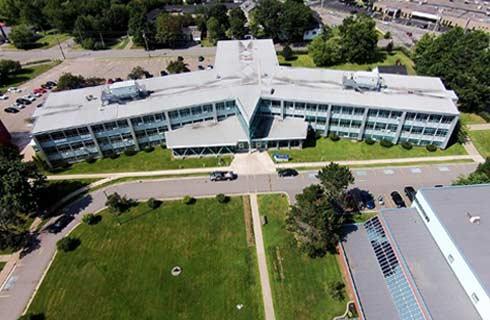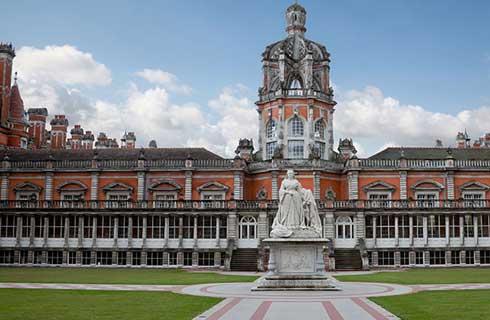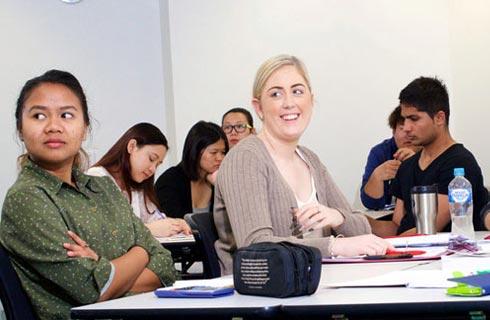Bachelors of Journalism and Bachelor of Arts - International Relations [Extended Major]
课程简介
Become a global communicator and influence what the world reads, watches and understands, while equipping yourself with additional skills to succeed in the changing global workplace. This dual degree gives you a deep understanding of the principles and practices of journalism, combined with the creative capabilities of an arts education. Journalists tell important and impactful stories with a diverse skill-set, including writing, taking photographs, composing audio and video, and developing interactive websites. Using UQ's state-of-the-art software and equipment, you'll extend your theoretical knowledge by gaining sought-after skills in field recording and camera work, editing of sound, vision and pictures, data analysis, publishing and entrepreneurship, and multi-platform distribution. With the Bachelor of Arts alongside, you'll gain creative and critical thinking skills that will help you build a portfolio of capabilities to expand your career opportunities. Despite the highly competitive nature of journalism, UQ graduates have high success rates in securing jobs across the media. Career opportunities are found in web and multimedia publications, speciality interest magazines, marketing and public relations, and freelancing. Many employers, especially in large organisations, look for the additional skills an arts degree provides as these graduates have a broad, flexible education to complement their journalism studies. <br><br>The extended major in international relations will give students in-depth understanding of the nature and exercise of power in world politics; the origins, constitution and development of the international system; how ideas shape order, justice and security; Australia's role in global affairs, the interplay between domestic, international and transnational politics, and a diverse range of state and non-state actors. It will provide students with in-depth knowledge of core issues in world politics, and different theoretical approaches and conceptual frameworks for understanding world politics. Graduates of this extended major will be able to apply theories of, and concepts in, international relations to make sense of world politics, problem-solve in complex political terrains, critically analyse and synthesise information to provide guidance in foreign policy, think strategically and ethically about national interests, communicate effectively, apply their knowledge to a rapidly shifting global landscape, and translate learning into policy, engagement and impact. Graduates of this extended major will be global citizens, intellectually open and flexible, aware of and sensitive to cultural difference, and motivated to make positive change through global engagement.
展开















